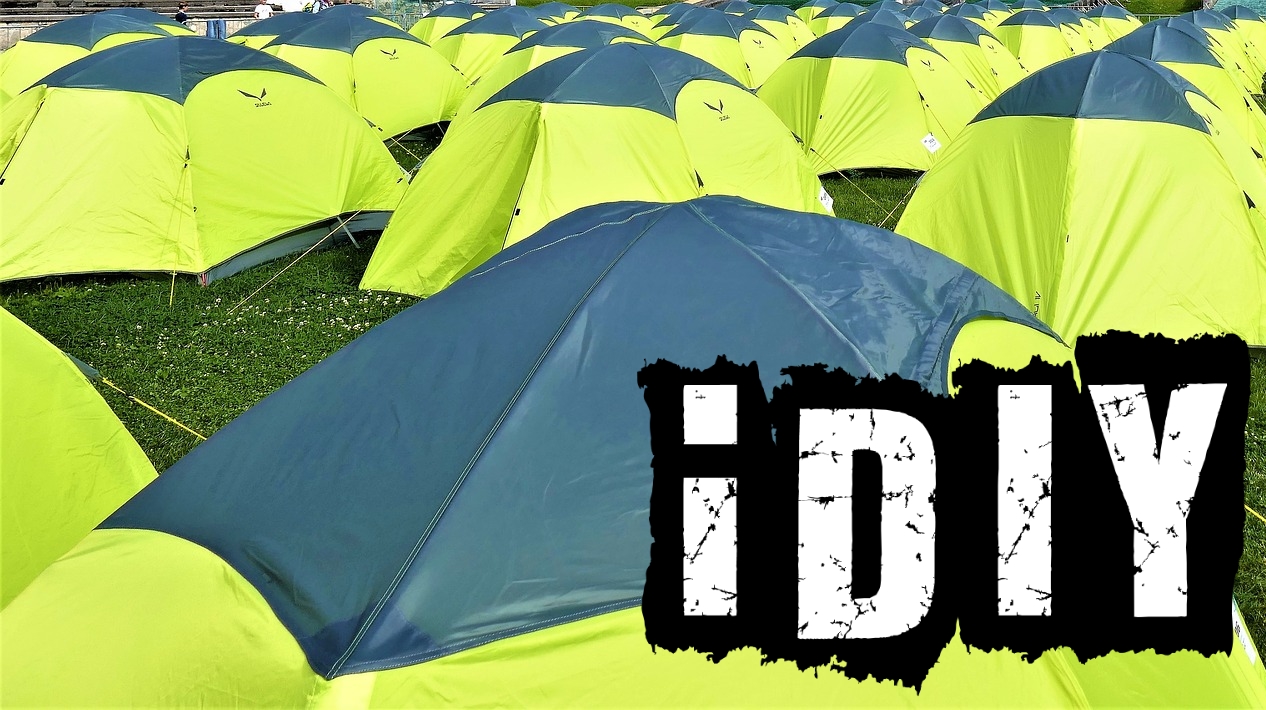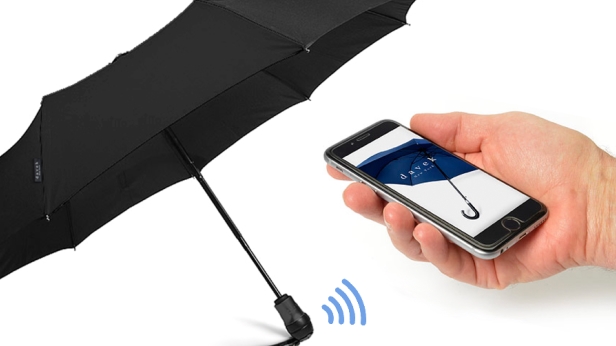What happens when a hyper-connected man goes off the grid?
The smartest thing I did on a recent holiday was leave all my smart crap at home.

It’s been quite a while since my last iDIY column, and while your lives were likely bereft of meaning, and the beauty of the world around you temporarily dimmed by its absence, I am not going to start this instalment with the customary apology. Why’s that? For the past couple of weeks I’ve been on holiday, and I ended up making a point of leaving most of my technology at home.
OK, it wasn’t entirely my choice, as a camping trip in the Scottish countryside meant that bringing along my router and various Hue smart bulbs wasn’t really a practicality. But it also meant that I left my laptop at home, and in many parts of the country where mobile data was non-existent, even my smartphone was downgraded to one of those old-fashioned telephones we hear about in history classes, that simply make and receive calls.
So, the smart thing to do was shed my smart stuff. Swapping Windows for real vistas, not worrying about battery levels or data allowances. It was refreshing, and not in the ‘hitting the F5 button on your keyboard’ way.
Stupid smart stuff
But, like I say, that wasn’t initially the plan. I was planning on rounding up some cool looking smart devices for camping. This was of course for purely academic reasons, and nothing to do with the fact that I’m less suited to camping than a six pack of beers is suited to being a comfy camping pillow.
No sir, nothing to do with the fact that my tent hadn’t been opened since a Glastonbury festival half a decade ago, and that I was genuinely concerned that I’d find a cider-soaked hippy trapped inside.
However, my desire to soften the blow of me being out in the wilderness by bringing along some lovely technology was dampened when I began researching smart camping stuff, and being astounded at the sheer bloody rubbishness of a lot of it.
I’m still not sure what I was hoping to find. Maybe a smart tent that unpacked and set itself up with a push of a button? Perhaps some sort of smart hiking boots that massaged your feet as you clambered up a steep hill? I’d have even settled for a camping pillow that didn’t leave the shape of a ring pull embedded in my forehead.
Sign up for breaking news, reviews, opinion, top tech deals, and more.

Instead, I found a Bluetooth umbrella that would tell you if it was raining. The issue there is that if you have the umbrella open to tell you the weather forecast, there’s a good chance that you already know that it is raining.
I also found a camping stove that could charge your smartphone while you cooked, but I worried that would just leave me with a melted phone.
So, I left it all behind. I took my stupid old normal tent (thankfully free from any hidden hippies), and rested my head each night against a shrinking collection of beer cans. By the way, it seems that drinking the beer helps make using the cans as a pillow much more agreeable.
So, I had a nice two weeks away without once thinking “maybe I should restart my router and see if that fixes it” or getting eaten by bears. Of course, I wasn’t completely tech-free. I used my phone to take photos with, and I found a neat Timeline feature in the Google Maps app that showed me my movements each day, including my lost ramblings in Dublin and a multi-hour stopover in an old pub overlooking a beautiful harbor, with the photos taken along the way included.
But now I’m safely back in my smart home, trying to remember how to talk to Alexa and wondering why the living room lights are set to green. Maybe restarting my router will fix it.
- Matt Hanson is trying to make his home smarter, and his life easier. But that doesn't always happen. Also, so far he has not been eaten by a bear. Follow his trials and tribulations in his iDIY column. You can also follow him on Twitter @matthanson45

Matt is TechRadar's Managing Editor for Core Tech, looking after computing and mobile technology. Having written for a number of publications such as PC Plus, PC Format, T3 and Linux Format, there's no aspect of technology that Matt isn't passionate about, especially computing and PC gaming. He’s personally reviewed and used most of the laptops in our best laptops guide - and since joining TechRadar in 2014, he's reviewed over 250 laptops and computing accessories personally.